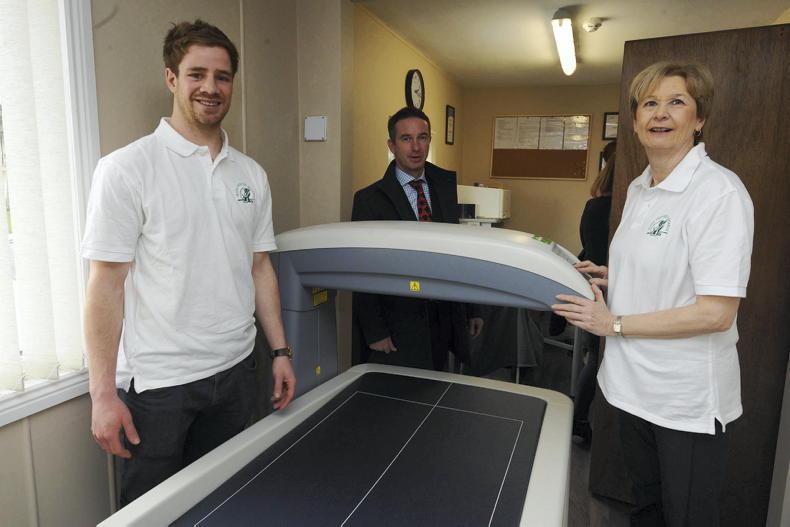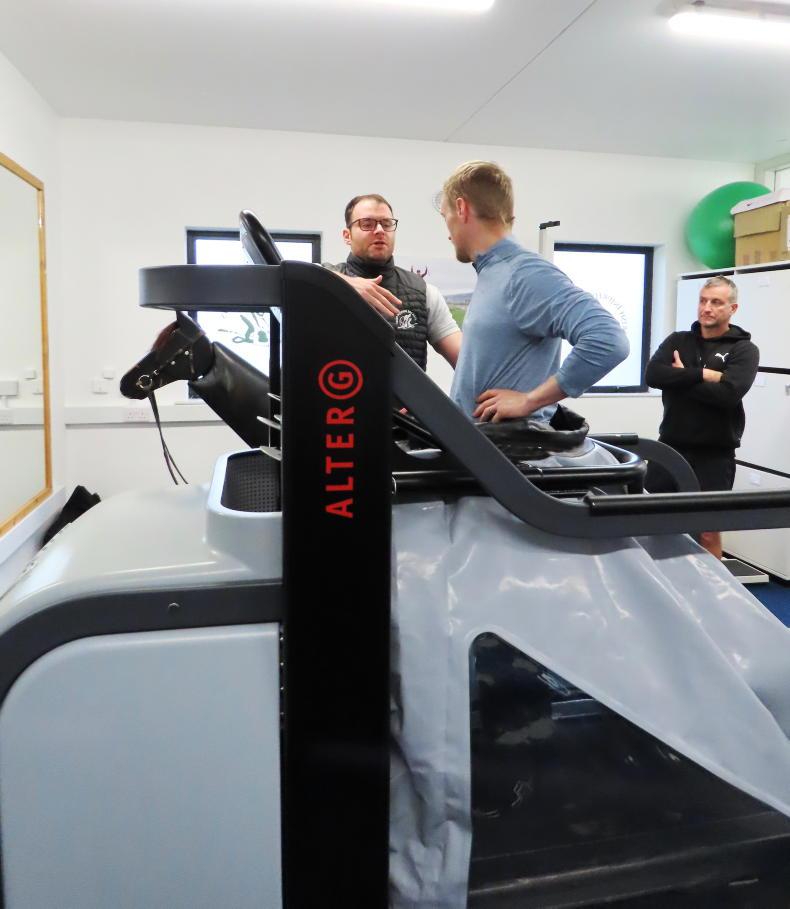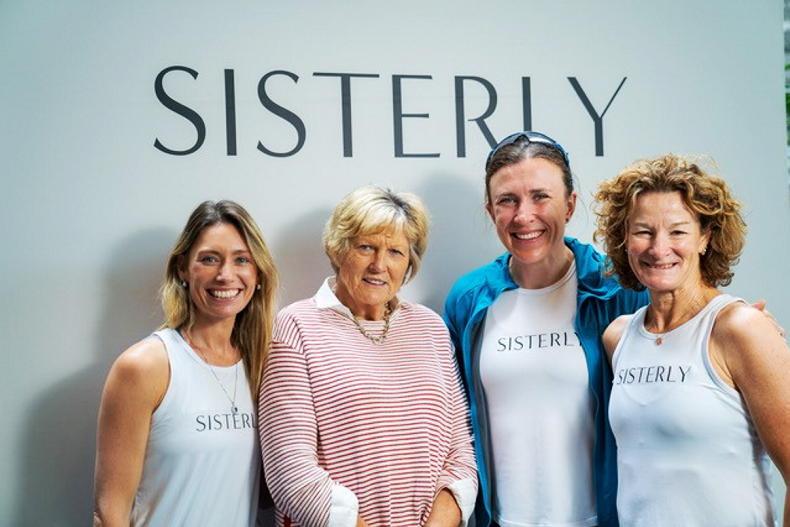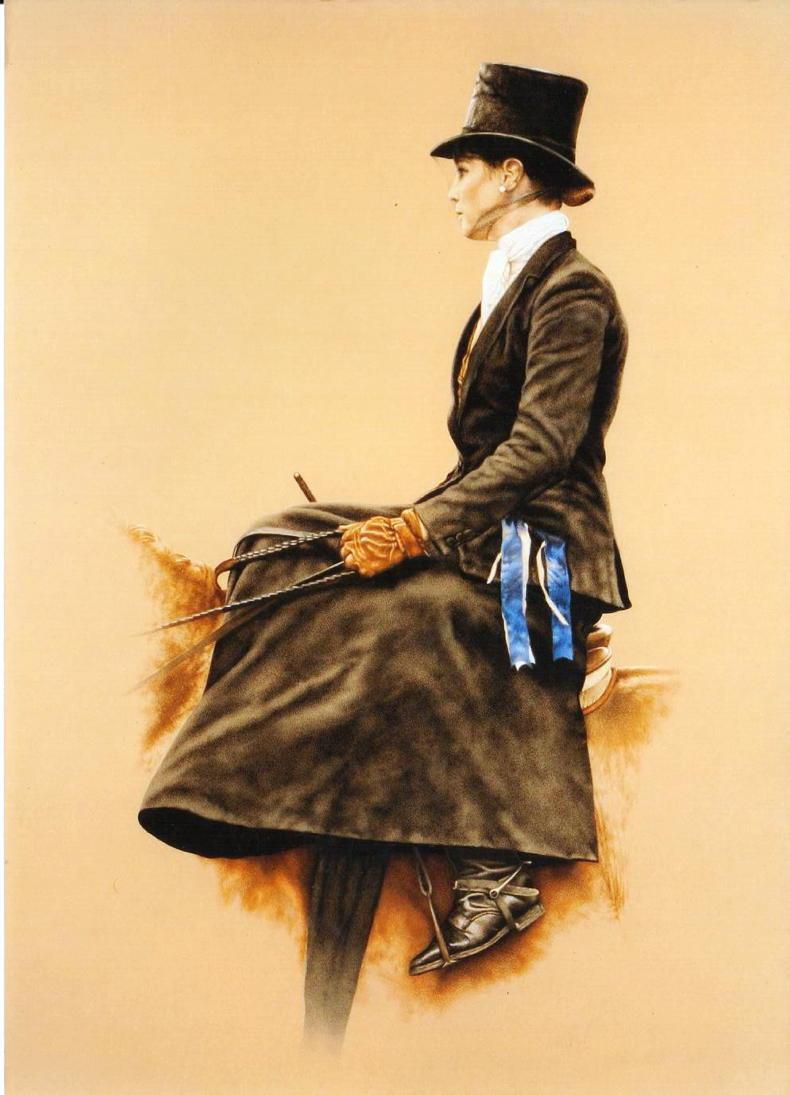THE bone health of jockeys has been highlighted as a major health issue for a number of years following early research in Ireland.
In a recent study investigating the bone density and body composition of Irish jockeys, results revealed that the bone status of male jockeys remains a concern as constant low bone density is evident in a large percentage of young and experienced professional jockeys at the spine (44%) and hip (29%).
The large-scale study conducted before Covid was the first comprehensive update of jockey bone status in over 10 years, with analysis indicating that weight cutting and the timing of weight cut are negatively associated with bone density in flat and National Hunt jockeys.
That is, jockeys are at greater risk of reduced bone density if they rely on regularly cutting weight too close to racing.
Interestingly, the findings also showed that young and experienced jockeys carry higher levels of body fat than previously reported.
The unexpected results suggest that alternative strategies for weight management should be explored for Irish jockeys rather than rapid weight loss techniques.
Irish Injured Jockeys (IIJ), with advice from Dr Adrian McGoldrick and Dr Jennifer Pugh, identified the need to continually assess bone health in jockeys to develop strategies and education programmes to reduce the risk of fractures and adverse health implications later in life.
The purchase of a DXA scanner by IIJ, based in the high-performance centre in RACE, has allowed a specialised resource to be available for bone assessments to support jockeys’ wellbeing.
The DXA scanner is used to measure bone density, providing crucial information in assessing bone health. Early detection of bone thinning is essential in protecting against further damage and promoting guidelines for stronger bones.
It is a simple, painless procedure that can direct individual support and assistance for those at risk of bone thinning. In addition, the DXA scanner offers the gold standard for body composition measurement, specifically body fat and lean mass. This informs specific nutrition and training programmes to be developed within the jockey pathway, encouraging achievement and management of the stipulated racing weights.
All jockeys, including those recently retired, are invited to take part in a bone density and body composition assessment as part of the ongoing research supported by the Jockeys Accident Fund and the Irish Research Council.
The testing session, which is entirely free and confidential, takes 30-40 minutes, with additional information on injury history required for a complete picture of each individual’s bone health and lifestyle practices.
DXA results and feedback is instant, with follow-up advice and recommendations provided by Dr Pugh where necessary.
Please contact Arthur (087 6651542) to book a scan.


 This is a subscriber-only article
This is a subscriber-only article
 It looks like you're browsing in private mode
It looks like you're browsing in private mode










SHARING OPTIONS: